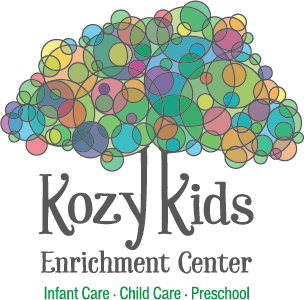Philosophy & Curriculum
Home / Philosophy & Curriculum
Philosophy & Curriculum

Our Program Philosophy at Kozy Kids Is Simple:
Our philosophy starts with respecting the child not as an object but as a whole being, therefore giving them trust in what they are ready to learn, and we provide guidance with only enough help necessary to allow the child to master their actions. We believe all children are capable and unique, need to feel secure and appreciated, and the child needs to be heard. We influence the whole child just by being mindful in each moment and making eye contact, listening, and communicating with them. This influences the child as a whole being and the way the children feel heard and honored.
We believe in learning through play based on the child’s interests. Play is a child’s work, and learning occurs during developmentally appropriate practice child-centered activities. Meaningful play encourages curiosity, discovery, and problem-solving, allowing individual growth and development of a positive self-image.
We understand the environment needs to be safe and free of contraptions (bouncers, saucers, swings, etc.) to allow the child to develop naturally. We let infants progress through the stages of movement as they are ready. When the child is ready to roll over, they will first move from side to side, building core strength, and eventually roll over on their own. Then, the child will progress to the next level of tummy time, building arm muscles, rocking, crawling, pulling themselves up, and eventually walking. It is crucial not to miss these steps in their development. When we give infants space to explore without intervening, they learn their own sense of balance and space. This gives infants a great sense of self-awareness and trust in their own body movements.
We understand that it is the teacher's responsibility to provide a stimulating and challenging environment and the proper tools for children to explore. Our teachers actively facilitate learning through encouragement, providing provocations, and promoting and reinforcing children's exploration and questioning, which in turn leads to skill development and discovery. Children learn concepts best when relevant to them, and they acquire knowledge through actively exploring their environment.
"Creativity becomes more visible when adults try to be more attentive to the cognitive processes of children than to the results they achieve in various fields of doing and understanding."
― Loris Malaguzzi
― Magda Gerber


The Hundred Languages of Children
Curriculum: Holistic and Emergent
A holistic and emergent approach addresses the question of what children want to learn, fostering a love of learning in the child. Since holistic education seeks to educate the whole person, it respects the child as a complete being. Several key factors are essential to this type of education.
Firstly, children need to learn about themselves, encompassing self-respect, self-confidence, and self-esteem. Secondly, there is an emphasis on learning about relationships. This includes understanding social and emotional aspects and one’s own self in relation to others. Thirdly, recognizing children’s resilience, the approach equips them with tools to overcome difficulties, face challenges, and ensure long-term success. Techniques such as communication, breathing exercises, yoga breaks, journaling, or mindfulness are employed. Fourthly, children should learn about aesthetics in their environment, encouraging them to appreciate the beauty around them, fostering awe in life, and an appreciation for simplicity.
The holistic approach is a philosophy of education based on the premise that each person finds identity, meaning, and purpose in life through connections to the community, the natural world, and humanitarian values such as compassion, collaboration, diversity, and peace. The purpose of holistic education is to cultivate an intrinsic respect for life and a passionate love of learning.
The emergent aspect involves recognizing and supporting what the child knows, wants to know more about, and is encouraged to explore through research. Children are provided with resources through literature, exploration, and documentation. This professionally developed approach nurtures the whole child, supporting their social, emotional, and intellectual growth. The curriculum is intentionally designed to encompass a range of life skills.
“Kind hearts are the gardens, Kind thoughts are the roots, Kind words are the flowers, Kind deeds are the fruits, Take care of your garden And keep out the weeds, Fill it with sunshine, Kind words, and Kind deeds.”
-Henry Wadsworth Longfellow
“People will forget what you said; people will forget what you did, but people will never forget how you made them feel.”
-Maya Angelou

These Are the 7 Learning Domains We Incorporate While Planning Our Emergent Curriculum, Here at Kozy Kids:

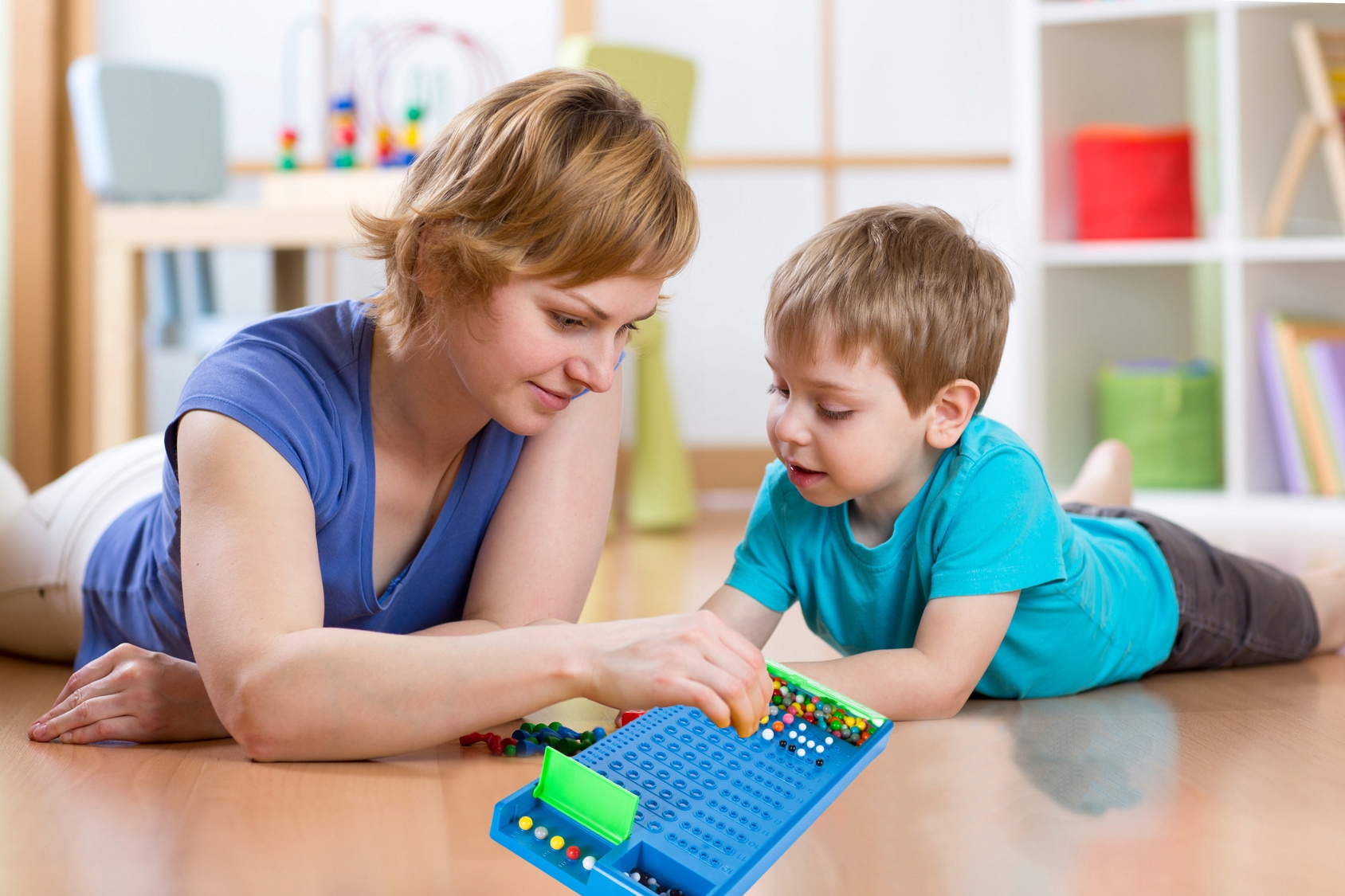
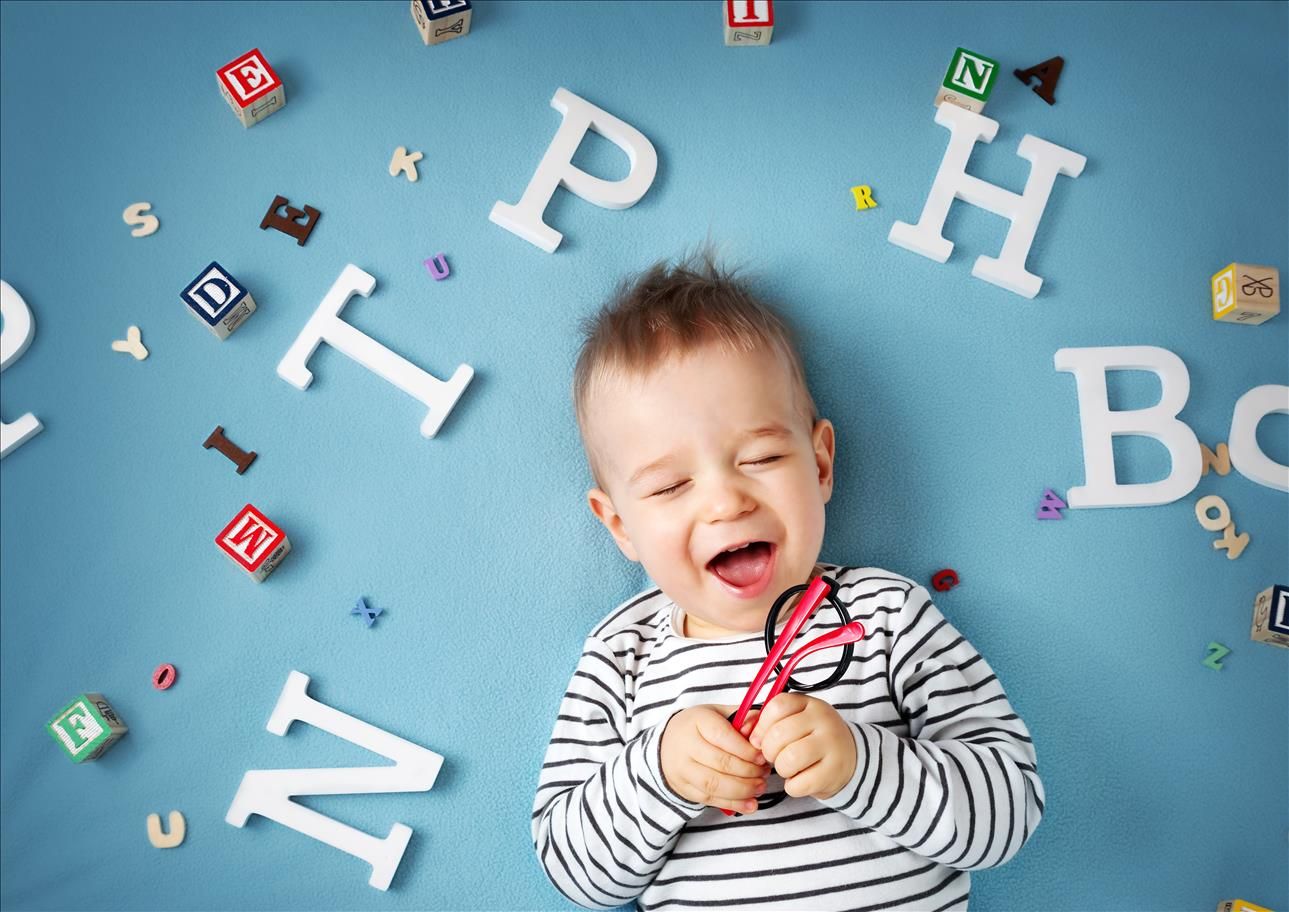

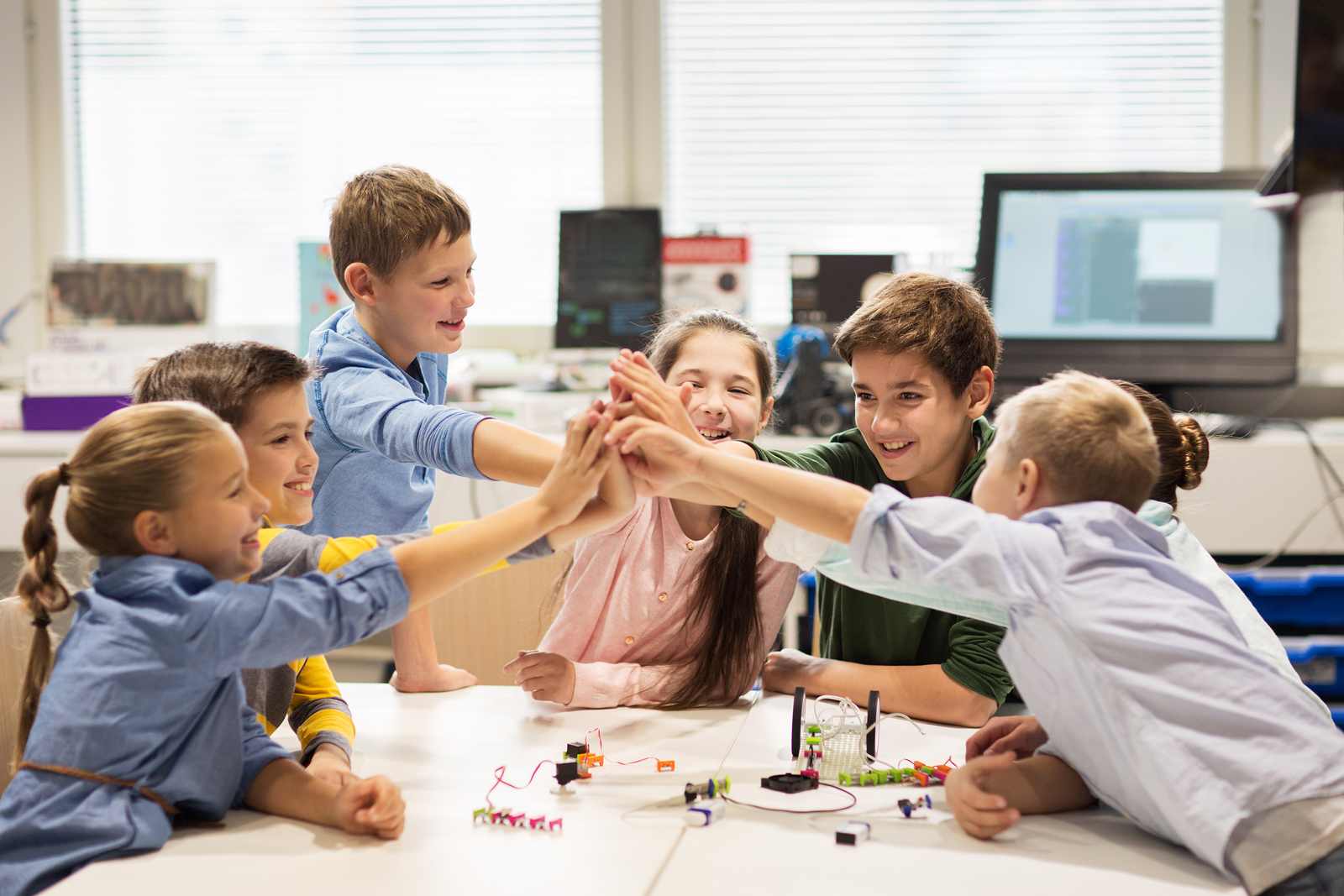

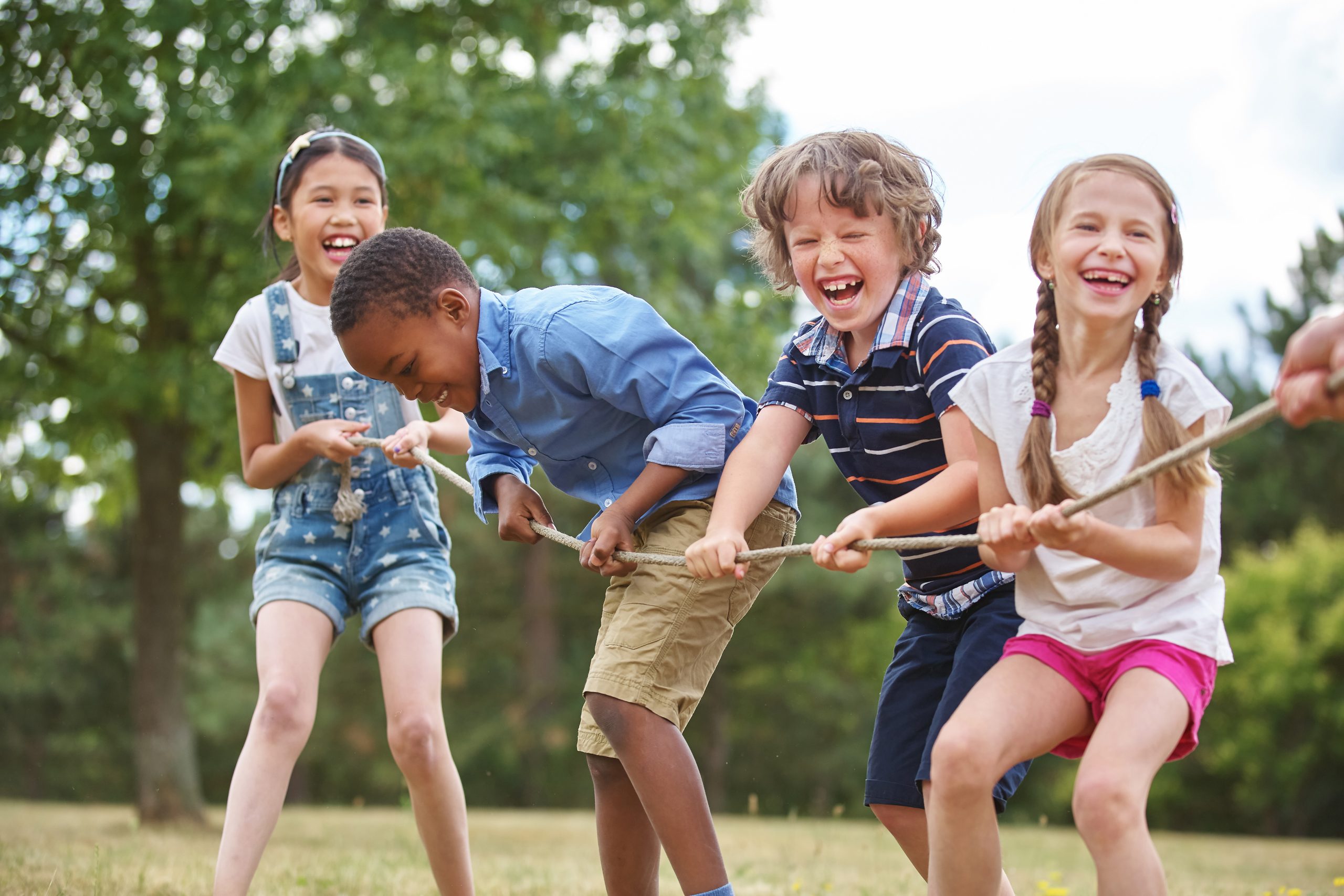
Rote Learning Vs. Meaningful Learning
Rote learning involves memorization through repeated practice and does not necessarily involve comprehension. Examples include singing the alphabet or reciting numbers in order. Meaningful learning, on the other hand, is the ability to connect new information to prior knowledge, often referred to as scaffolding. Simply identifying the alphabet and numbers is insufficient for developing reading or math skills. Understanding that letters represent sounds, form words, and numbers represent quantity and patterns is crucial. Rote learning alone is not enough; connections must be made to render information meaningful.
At Kozy Kids, we emphasize inquiry-based questions to guide children in making connections and establishing a solid foundation for conceptual understanding. This approach works by linking letters and numerals to spoken language or quantity. A child may recognize their name on a list but may not grasp that the marks on the paper correspond to the letters they recite.
For example, a child may say the letters in their name without understanding that the “A” they say relates to the symbol “a.” They might identify the letter when pointed out but lack the comprehension that “A” represents the sound “ah” or “ay.” Experiences that connect symbols, letter names, and sounds are crucial.
The same principle applies to numerals and counting. Understanding the relationship between spoken numbers and written numerals comes through actual counting experiences demonstrating that each number corresponds to one item. Monotonous repetition is not the key to this learning process.
For learning to be effective, lasting, and meaningful, it should be varied, interesting, and engaging for children—making it fun. To foster your child’s cognitive skills and conceptual understanding, avoid relying solely on workbooks and flashcards. At Kozy Kids, our approach prioritizes process and comprehension.
Guidance
We employ a positive guidance method. There are no timeouts here, which can lead to self-humiliation, insecurity, and low self-esteem. Here, we learn to communicate our issues, solve problems, identify our emotions, and express them in a healthy, loving way. This helps develop life skills for the real world. We encourage and guide the children to solve problems independently, and our teachers are here to help by offering choices on how they can resolve confrontations or convey their points using vocabulary, problem-solving, empathy, and collaboration.

